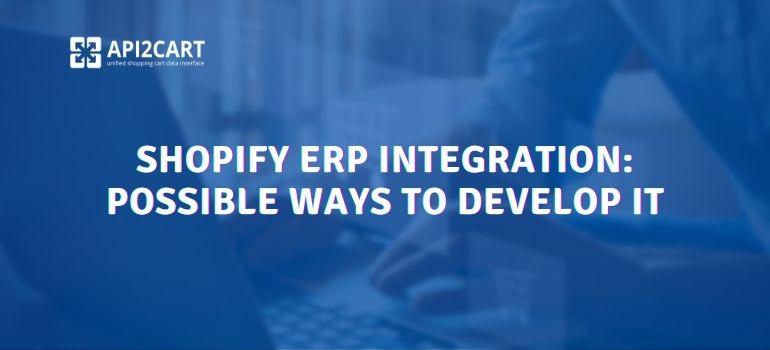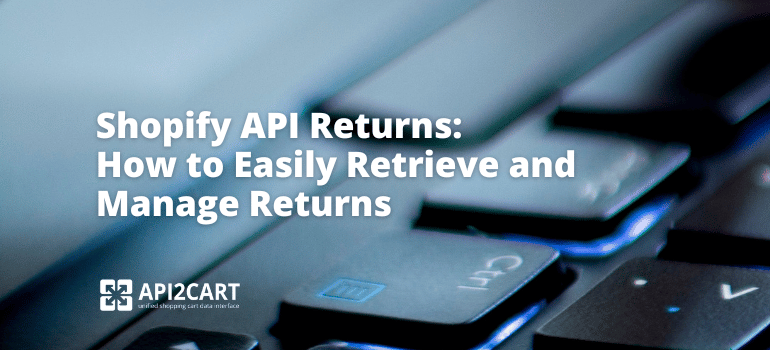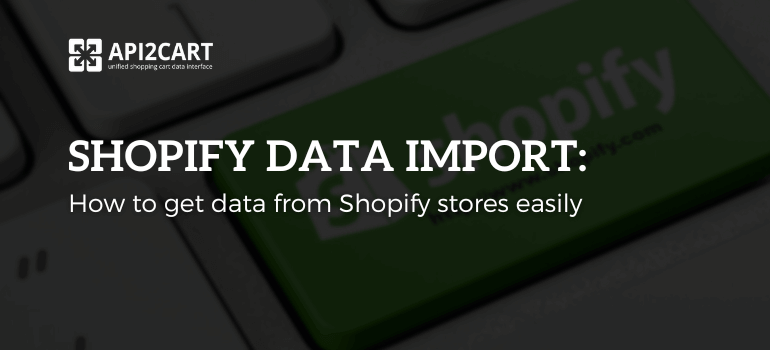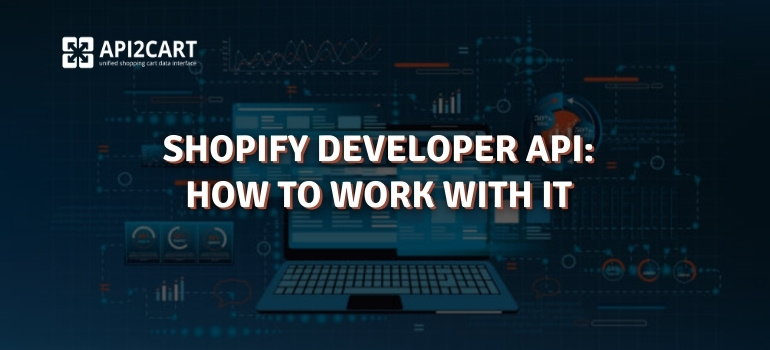
ERP software is strategic business systems that companies use to simplify their processes. It assists finance, personnel, accounting and sales & marketing. ERP software is often needed to integrate with shopping platforms like Shopify.
Linking Shopify to an ERP system allows the former access order, price and customer data on all of its online stores. This article explains the advantages of and how to link your ERP software with Shopify.
What is an ERP integration?
Linking your ERP software to other systems requires integration of the former. It makes all your systems work with each other, eliminating information silos and automating transactions across the entire enterprise to boost productivity.
Enterprise Resource Planning (ERP) is a key to the success of top eCommerce brands. For companies which link their ERP software with others, they need integration of the EPR interface. Goal one is to provide a single source of information which can be used as data and improve productivity. So we can get information easily and quickly.
It's also important to integrate ERP with shopping cart software like Shopify, Magento, or Wix in order to run efficiently. With this integration, the data that your system needs to run properly is very easily at hand.
This means that in order to perform all its functions, eCommerce ERP software must integrate with various shopping platforms. For this reason, data from e-stores built using various types of eCommerce platforms and marketplaces is something ERP software must have. Shopify is one of the most popular shopping platforms, and we will describe in detail how to develop integration between Shopify ERP. However, thanks to API (Application Programming Interface) technology, it is easier than ever to integrate Shopify with an ERP system.
Features of ERP Software
Every business looking to promote its eCommerce presence needs ERP software. Enterprise Resource Planning provides users with a lot of functions to help them handle daily duties. It is especially useful for those operations central to a successful eCommerce business--accounting, shipping, and inventory management.
ERP software makes financial management less cumbersome. Users can make critical judgments without thinking about individual invoices or paperwork. In addition, for e-retailers, this also prevents unexpected product shortages or overordering.
The entire process from getting products to customers is simplified with eCommerce ERP solutions. For example, calculating shipping costs, evaluating delivery companies, and assuring timely delivery.
ERP software has features that eCommerce businesses can use to become more organized, effective, and successful. Nevertheless, it needs to be connected with other shopping platforms in order to do its work.
Data for ERP software comes from e-stores made using several kinds of eCommerce platforms and marketplaces. Since Shopify is among the most popular shopping platforms, we'll focus our discussion on how to implement Shopify ERP integration in some detail.
How does Shopify ERP integration work?
ERP integrations provide an overall view of the enterprise and its operational applications. They allow you to monitor key performance indicators in real-time, ensure data integrity, and offer numerous other advantages. So, how does ERP integration work?
As an ERP service provider, you must integrate your solution with Shopify to expand into additional markets and develop a larger customer base. The following integrations will facilitate this process:
- Get complete product lists comprising descriptions, images, price variants, and attributes from Shopify stores;
- Inventory across all storefronts must be synchronized to show precise product stock levels in real-time.
- Gather detail and order lists from Shopify stores;
- Analyze data in various forms of customized reports and track all changes.
- Resolve shipping data: select carriers, destinations, and manufacturers.
How to Build Shopify ERP Integration
Shopify provides a feature-rich API that makes adding features and functionality to your solution easy. Because Shopify is a global platform with numerous users, integrating it can help you access more people.
There are basically two ways to develop integrations with Shopify: in-house or through a third party. However, in-house integrated development means hiring a development team that needs to be trained on the ins and outs of developing integrations with Shopify. The integration process may take a lot of time and entail quite high costs. But it offers you full mastery over the whole process from start to finish, as well as everything that comes out at the end of this long chain.
Third-party services offer pre-built integrations that you can integrate into your software. These services provide a faster, cheaper, and more convenient way to connect software systems with shopping platforms.
Fortunately, API2Cart unified API streamlines the whole process of building eCommerce integrations. This lets software vendors cooperate with different e-commerce platforms, including Shopify and other big names such as Amazon itself, much less popular ones like Etsy or Magento. It is much quicker than developing separate integrations for each system, considerably reducing the time and effort involved. It can simplify your integration process, saving you time and effort.



